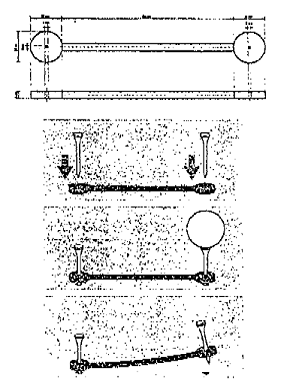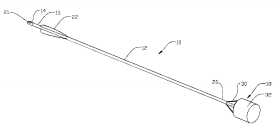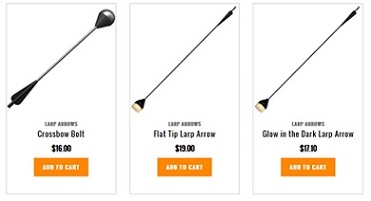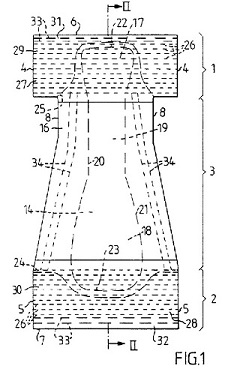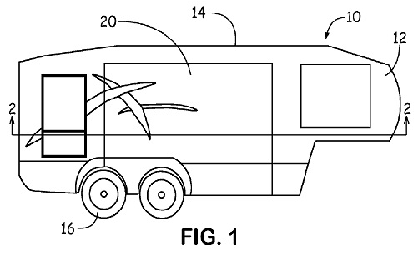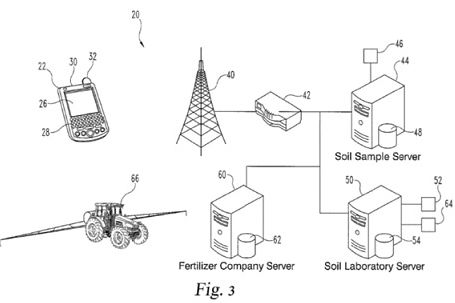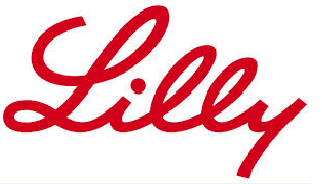![hdl-test-strips2-new[1].jpg](https://www.iniplaw.org/wp-content/uploads/sites/366/2016/10/hdl-test-strips2-new1.jpg)
Washington, D.C. – The U.S. International Trade Commission (“USITC”) began an investigation under section 337 of the Tariff Act of 1930 regarding the importation and sale of blood cholesterol test strips that allegedly infringe a U.S. patent. The respondents are Jant Pharmacal Corp. of Encino, California; Infopia America LLC of Titusville, Florida and Infopia Co., Ltd. of the Republic of Korea.
In August 2014, Indiana patent attorneys for Plaintiff Polymer Technology Systems (“PTS”) of Indianapolis, Indiana sued respondents in the Southern District of Indiana alleging infringement of U.S. Patent No. 7,087,397, “Method for determining HDL concentration from whole blood or plasma,” which was granted by the United States Patent and Trademark Office. In the lawsuit filed in Indiana federal court, PTS also asserted that Defendants had violated the Lanham Act.
In October 2015, PTS filed a complaint with the USITC involving its point-of-care blood cholesterol testing meters, test strips, and systems containing the same naming the same three parties. PTS asks that the USITC issue an exclusion order and a cease and desist order.
No decision has yet been made on the merits of the USITC action. The matter will be assigned to an administrative law judge (“ALJ”), who will hold an evidentiary hearing. The ALJ will make an initial determination regarding whether there is a violation of section 337. That decision, in turn, is subject to review by the USITC, which then makes a final determination.
 Indiana Intellectual Property Law News
Indiana Intellectual Property Law News



